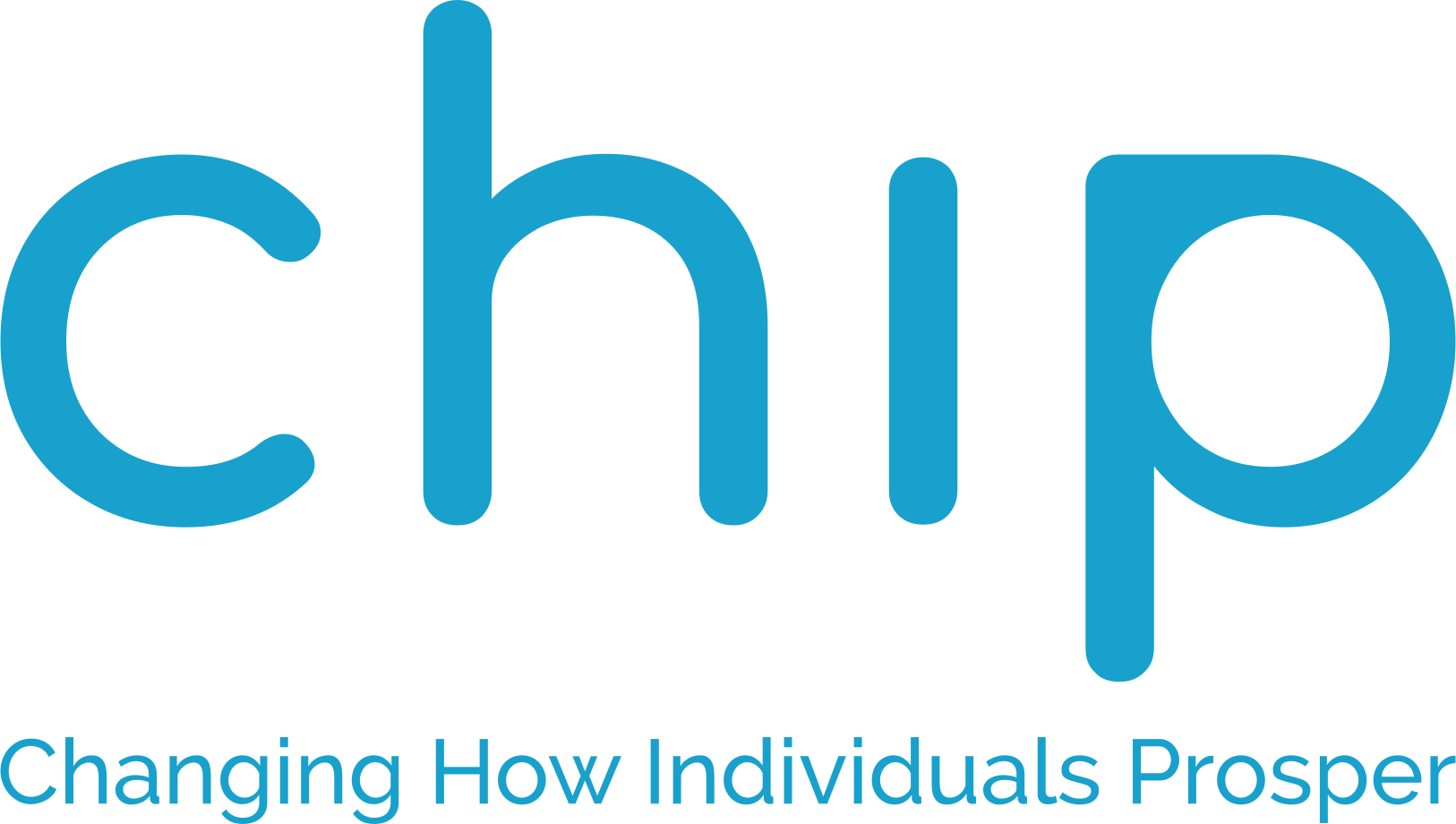Ever feel like you’re doing okay with money but could be doing so much better? You’re paying the bills, maybe even chipping away at debt, but that goal of financial freedom is still out of reach. If this sounds familiar, financial coaching might be exactly what you need.
Many people think the only way to get help with money is by hiring a financial advisor. But while advisors typically focus on investments and wealth management, financial coaches take a different approach—they help you tackle the day-to-day money habits that really lay the foundation for financial success.


This guide will walk you through what financial coaching is, what a financial coach does, and how working with one can help you reduce debt, grow wealth, and feel like the boss of your own finances.
What Does a Financial Coach Do?
When you hear “financial coach,” think of a personal trainer—but for money. They won’t just hand you a one-size-fits-all solution or confuse you with investment jargon. Instead, they focus on making your money life more manageable, attainable, and customized to you. Here’s what they help with:
- Setting realistic financial goals that align with your values and lifestyle.
- Building better budgeting habits so you can allocate money where it matters most.
- Crushing debt for good by creating targeted repayment strategies.
- Shifting your mindset around money—goodbye guilt, hello empowerment.
- Navigating major financial decisions like buying a house or funding your kid’s college tuition.
It’s not just about the numbers on your paycheck or your bank account balance—it’s about creating a sense of control and confidence in your overall financial life.
How Is a Financial Coach Different from a Financial Advisor?
Both roles serve an important purpose, but they meet different needs. While a financial advisor typically helps you manage investment portfolios and long-term financial planning, a coach focuses on your foundational skills—like budgeting and paying off debt. They work with you to develop the habits that will help you reach a point where working with an advisor might even become necessary.
Why Certifications Matter
Not all financial coaches are created equal.
There’s no legal requirement to become a financial coach, which is why certifications like Financial Fitness Coach (FFC®) or Accredited Personal Finance Coach (APFC®) are worth looking for. These credentials signal that a coach meets specific education and ethical standards, ensuring that you’re getting safe and effective advice.
When a financial coach is certified, they’re also more likely to collaborate with other professionals, like estate attorneys, CFPs, and accountants. This means you’ll get well-rounded expertise and guidance if your finances require a team effort.
How Financial Coaching Builds Wealth
You might be wondering, can a financial coach actually help me build wealth? The answer is a resounding yes—absolutely! Financial coaching makes wealth-building a reality for many people by working on the often-overlooked fundamentals of money management. Here’s how:
1. Better Habits Lead to Bigger Savings
A financial coach helps you develop better spending and saving behaviors. Whether it’s eliminating impulse buys or automating savings, these small changes quickly add up. Research shows that people who work with financial coaches are 20% more likely to increase their savings and 15% more likely to pay off debt.
2. Long-Term Planning Leads to Long-Term Gains
Financial coaching isn’t a quick fix. It teaches you how to build a financial roadmap that lets you make consistent progress over time—and consistent progress is what builds wealth. Studies show that people with a written financial plan accumulate 2.5 times more wealth than those without one.
3. Closing the Wealth Gap
For many underrepresented communities, accessing financial education feels out of reach. This is where financial coaching creates real impact by empowering individuals with practical tools and personalized strategies to increase savings, reduce debt, and make better money moves.
By laying the foundation for financial literacy and smarter money habits, coaching becomes a powerful tool for reducing inequalities and enabling generational wealth-building.
Is Financial Coaching Right for You?
Not sure if financial coaching is worth the investment? Here are a few signs you could benefit from working with one:
- You’re constantly juggling bills and feel overwhelmed.
- You’re stuck in a cycle of debt and don’t know how to break free.
- You have big financial goals but no clear plan to achieve them.
- You want accountability and motivation when it comes to managing money.
- You’re ready to stop surviving and start thriving.
Many people shy away from financial coaching because they worry about the cost. But think of it this way—by learning tools and strategies for tackling debt, saving more, and making confident decisions, financial coaching often pays for itself (and then some).
Take Charge of Your Financial Future
Your money should work for you—not the other way around. Whether you’re trying to get out of debt, save for a big milestone, or simply feel less stressed about money, a financial coach can help you turn dreams into action.
At CHIP Financial Coaching, we’ve made it our mission to empower individuals to take control of their finances—without feeling judged or overwhelmed. Led by certified financial professionals, we’ll work side by side to help you develop smarter habits, stay accountable, and build a future you can be proud of.
Are you ready to take charge of your financial future? Sign up for a free discovery call with one of our coaches today and see just how much is possible.
